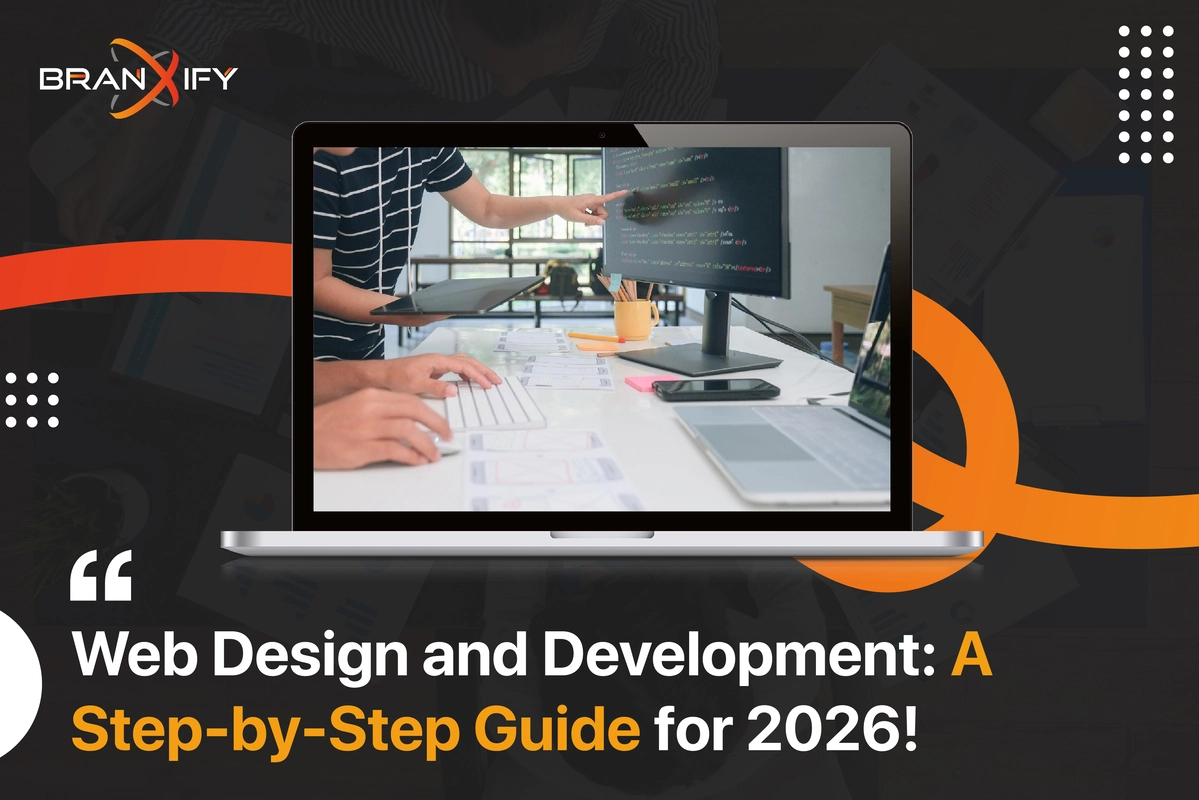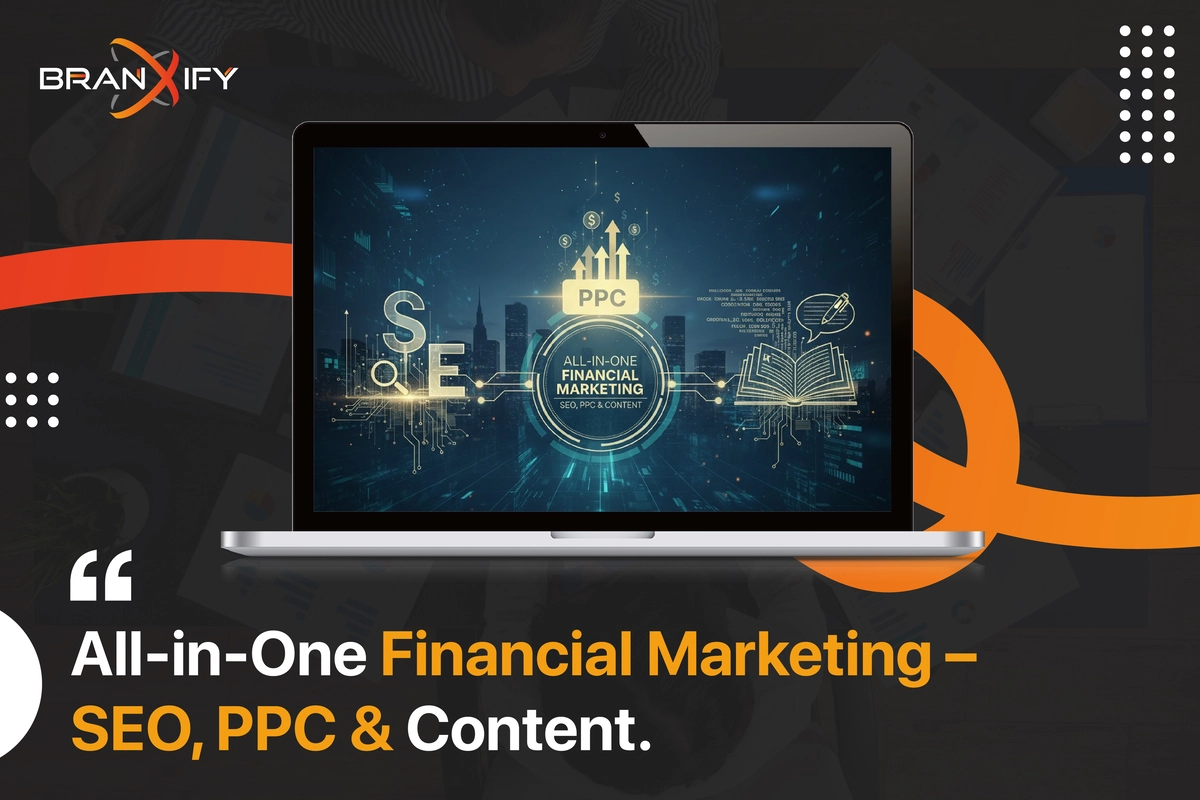Facebook Ads has become a crucial platform for businesses of all sizes to reach their target audience effectively. However, one of the most common queries to ask is, “How much do Facebook ads cost?” The answer is not straightforward, as costs can based on several factors.
The potential benefits of Facebook ads are that it can help a business get more visibility for their Facebook content and boost traffic to their core website content – whether it’s cornerstone site content, simple ad copy, or blogs. Facebook ads can be set up to target greater site traffic, more impressions, and even click-through-rate (CTR).
In this guide, Branxify’s ads management services aim to break down the Facebook ads cost and offer an understanding of how you can handle your budget effectively.
The Basics of Facebook Ads Cost:
Facebook functions on an auction system for ad placements, meaning that advertisers bid for their ads to be shown to specific audiences. The amount you pay for your ads depends on several variables, including:
- Bid Amount: The maximum you’re willing to pay for a specific action, such as a click or impression.
- Ad Quality: Facebook evaluates the quality of your ad through its relevance score. Higher-quality ads can lead to lower costs.
- Target Audience: The demographics, interests, and behaviors of your chosen audience can significantly influence ad costs.
Cost Models:
Facebook presents various cost models, enabling advertisers to select how they want to pay for their ads. The most common cost models include:
- Cost Per Click (CPC): You pay each time someone clicks on your ad. This model is effective for driving traffic to your website or landing page.
- Cost Per Mille (CPM): This model charges you for every 1,000 impressions your ad receives, making it ideal for brand awareness campaigns.
- Cost Per Action (CPA): You pay when a specific action is taken, such as a purchase or sign-up. This model is beneficial for e-commerce businesses looking to track conversions.
Average Costs:
While it’s challenging to pin down exact figures due to the many influencing factors, some general averages can help provide a ballpark estimate.
- CPC: The average cost per click on Facebook ranges from $0.50 to $3.00. However, niche markets can see higher costs, sometimes exceeding $5.00 per click.
- CPM: The average CPM on Facebook typically ranges from $5.00 to $15.00, depending on the targeting and competition in your industry.
- CPA: Average costs for actions can range from $10 to $100, heavily dependent on the industry and product price.
Ready to maximize your advertising budget? Discover how Branxify’s expert management can help you achieve better results with Facebook ads!
Factors Influencing Facebook Ads Cost:
Several factors can effectively influence your Facebook ads cost:
- Industry: Highly competitive industries, such as finance or real estate, manage to have higher advertising costs than less competitive sectors.
- Targeting: The more detailed your targeting (e.g., age, interests, location), the higher your costs might be, particularly if you’re targeting a small, competitive audience.
- Ad Placement: Costs can vary based on where your ads appear (e.g., news feed, sidebar, Instagram). Some placements are more competitive and can cause costs up.
- Seasonality: Advertising costs can fluctuate based on seasonal trends. For instance, costs usually increase during the holiday season when many businesses ramp up their advertising endeavours.
Setting a Budget:
Consider the following steps when planning your Facebook ad budget:
- Define Your Goals: What do you want to achieve? More website visits, higher sales, or greater brand awareness? What are your intent for Facebook ads manager and Facebook ad Library? Your goals will determine your strategy and budget.
- Start Small: If you’re new to Facebook advertising, start with a small budget to test your ads. Monitor their performance and adjust your strategy based on what works.
- Utilize Daily and Lifetime Budgets: Facebook allows you to set either a daily budget (how much you want to spend per day) or a lifetime budget (the total you want to spend over the campaign’s duration). Choose what suits your campaign best.
- Monitor and Optimize: Review your ad performance regularly. If specific ads are performing well, consider increasing their budget. Conversely, pause or adjust ads that aren’t performing.
Tips for Reducing Costs:
It’s crucial to manage your Facebook ads cost-effectively while Facebook advertising can be a strong tool. Here are some tips to lessen your advertising expenses:
- Focus on Targeting: Be as detailed as possible with your audience targeting to avoid wasting money on irrelevant clicks or impressions.
- Improve Ad Quality: Invest time in creating high-quality, engaging ads. Higher-quality ads can lead to lower costs and better performance.
- A/B Testing: Experiment with different ad creatives, copy, and targeting options to determine what resonates best with your audience. This will help you allocate your budget more effectively.
- Use Retargeting: Retargeting ads tend to have lower costs and higher conversion rates since they target users already familiar with your brand.
Measuring Return on Investment (ROI):
To specify the effectiveness of your Facebook ads, measuring ROI is crucial. Here’s how you can do it:
- Track Conversions: Use Facebook Pixel to track conversions from your ads. This will help you understand which ads are driving sales or leads.
- Calculate ROI: To calculate ROI, subtract your ad costs from your revenue generated through those ads, then divide by your ad costs. Multiply by 100 to get a percentage. A positive ROI indicates a successful campaign.
- Analyze Customer Lifetime Value (CLV): Understanding CLV can help you determine how much you can afford to spend on customer acquisition via Facebook ads.
Conclusion:
Facebook ads cost varies based on many factors including industry competition, audience targeting, and bidding strategies. You can maximize your advertising dollars and achieve your business goals by understanding these variables and adopting strategic budgeting and optimization practices of Branxify’s ads management services.
Additionally, if you’re considering diversifying your advertising strategy, it may be beneficial to explore how much to charge for Google Ads management. Understanding the costs associated with Google Ads can help you create a more balanced advertising budget and leverage multiple platforms effectively.






